Optimal Waterproofing Timing Strategies
Waterproofing is a critical process that helps prevent water intrusion and damage in various structures. The timing of waterproofing applications can significantly impact their effectiveness and longevity. Proper scheduling ensures that the waterproofing materials adhere well and provide maximum protection against moisture penetration.
Spring is ideal for waterproofing projects due to moderate temperatures and increased moisture levels, which help sealants cure properly.
Summer offers warm weather and longer days, facilitating quicker curing times and thorough application in dry conditions.
Fall provides cooler temperatures that can extend the lifespan of waterproofing products, especially before winter.
Winter is generally not recommended for waterproofing due to cold temperatures and potential for freezing, which can compromise materials.
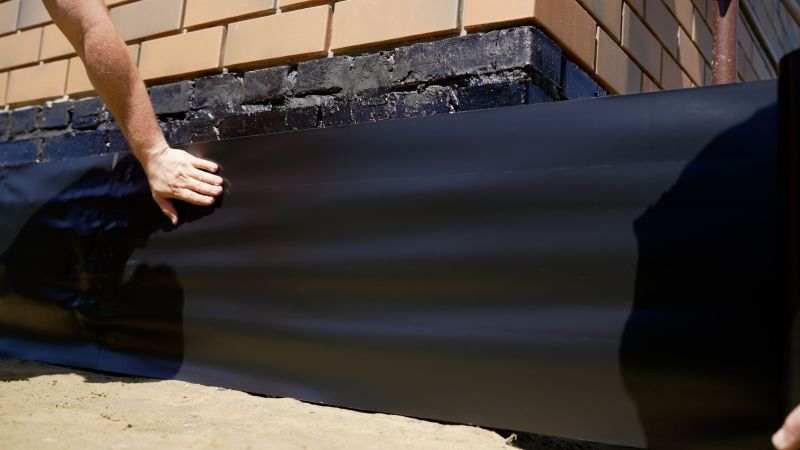
Ways to make Waterproofings work in tight or awkward layouts.
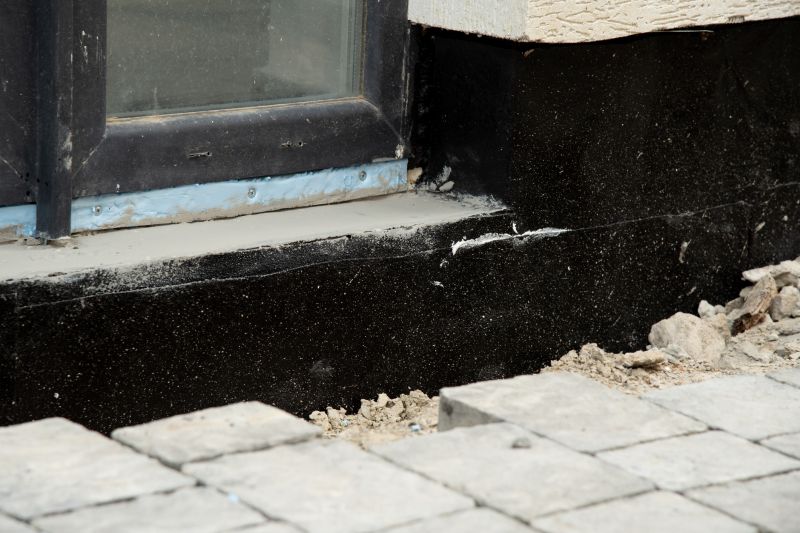
Popular materials for Waterproofings and why they hold up over time.
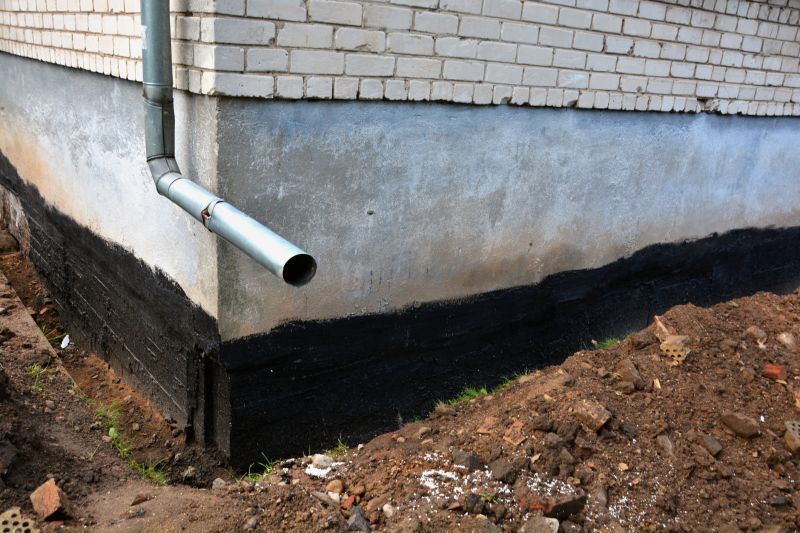
Simple add-ons that improve Waterproofings without blowing the budget.
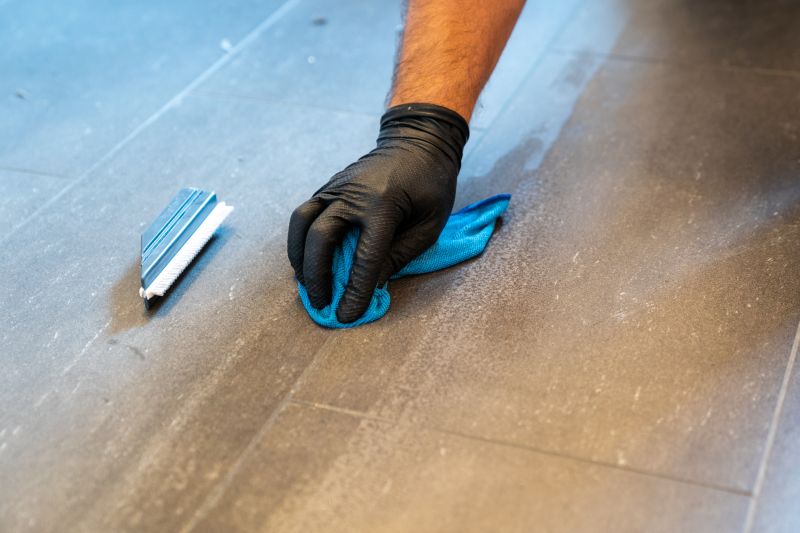
High-end options that actually feel worth it for Waterproofings.
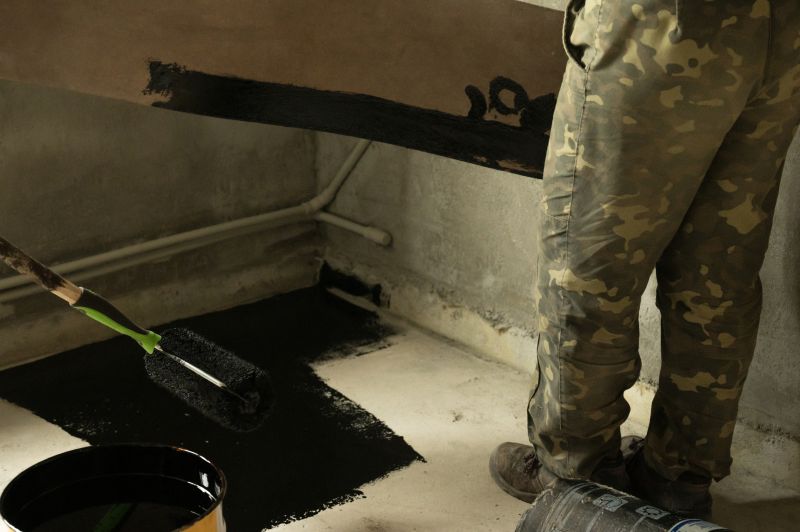
Finishes and colors that play nicely with Waterproofings.
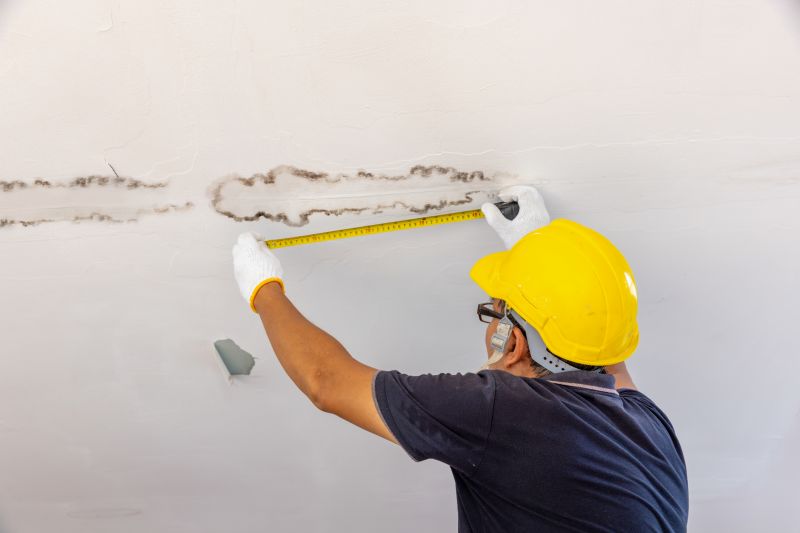
Little measurements that prevent headaches on Waterproofings day.
| Season | Temperature Range |
|---|---|
| Spring | 50°F to 70°F |
| Summer | 70°F to 85°F |
| Fall | 50°F to 70°F |
| Winter | Below 50°F |
Waterproofings involve applying specialized materials to prevent water ingress in foundations, roofs, basements, and other structures. Proper application not only extends the lifespan of a building but also reduces maintenance costs and prevents costly repairs caused by water damage. The choice of waterproofing method depends on the structure's location, exposure to moisture, and climate conditions.
Statistics indicate that water intrusion is one of the leading causes of structural deterioration. Implementing waterproofing during the right season enhances the durability of the waterproofing layer and ensures optimal performance. It is essential to consider weather forecasts and temperature trends before scheduling waterproofing projects.

A 60-second routine that keeps Waterproofings looking new.
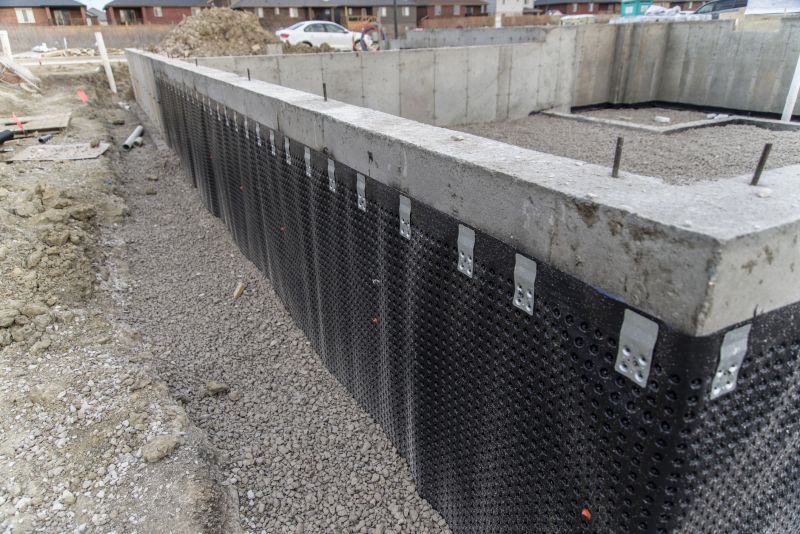
A frequent mistake in Waterproofings and how to dodge it.
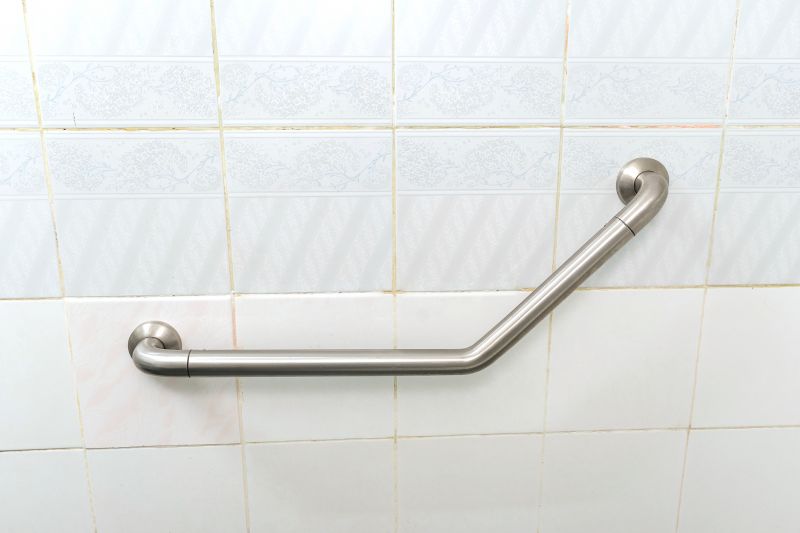
Small tweaks to make Waterproofings safer and easier to use.
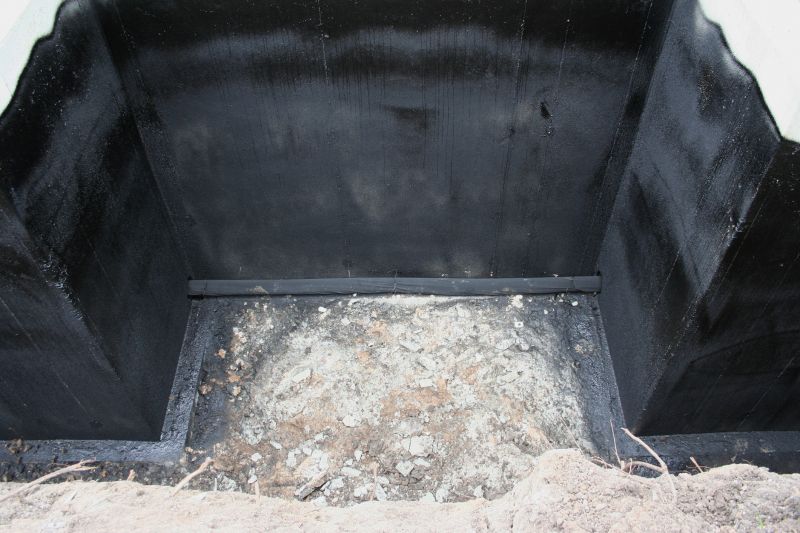
Lower-waste or water-saving choices for Waterproofings.
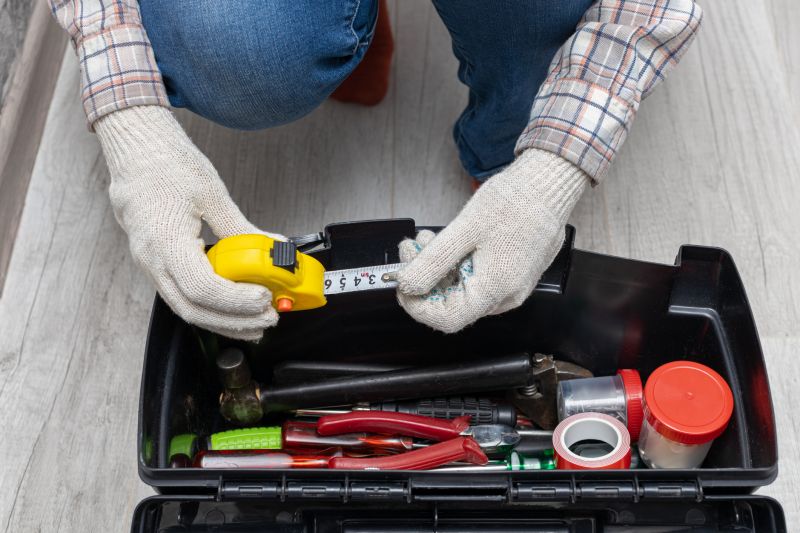
The short, realistic tool list for quality Waterproofings.
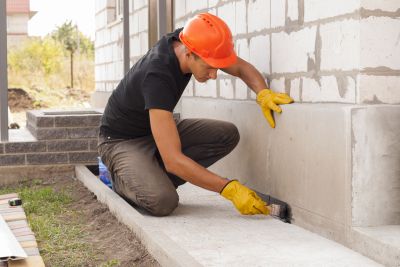
Rough timing from prep to clean-up for Waterproofings.
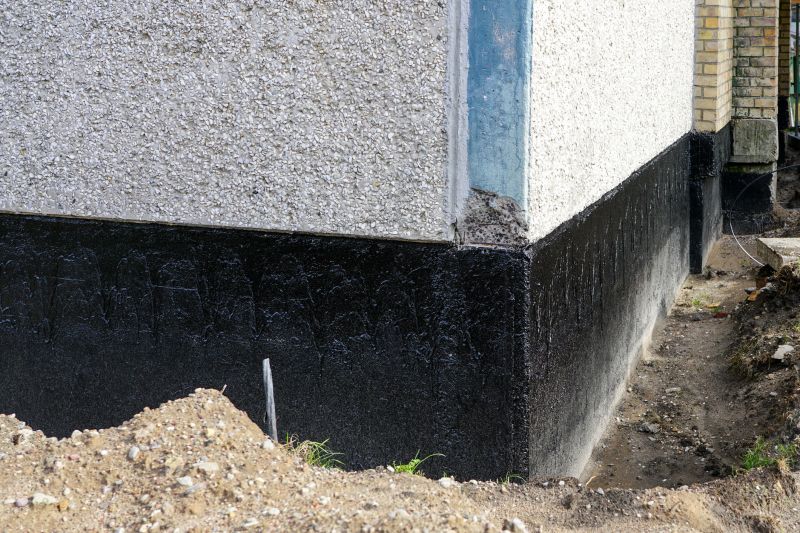
Quick checks and paperwork to keep after Waterproofings.
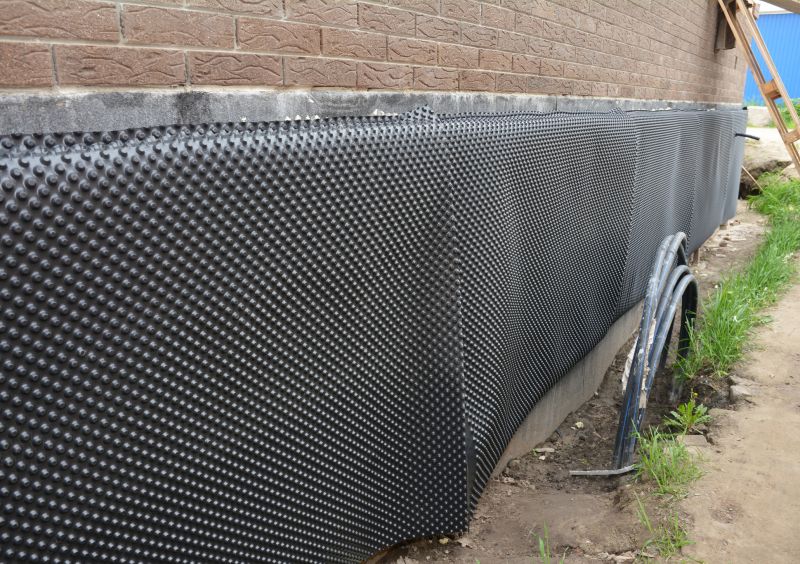
Examples that show the impact a good Waterproofings can make.
Interested in waterproofing services? Filling out the contact form can provide additional information and help schedule an assessment to determine the best timing for waterproofing projects based on local climate and structural needs.

